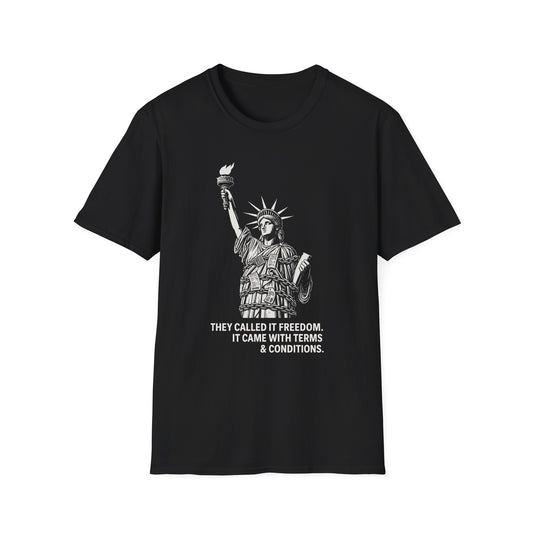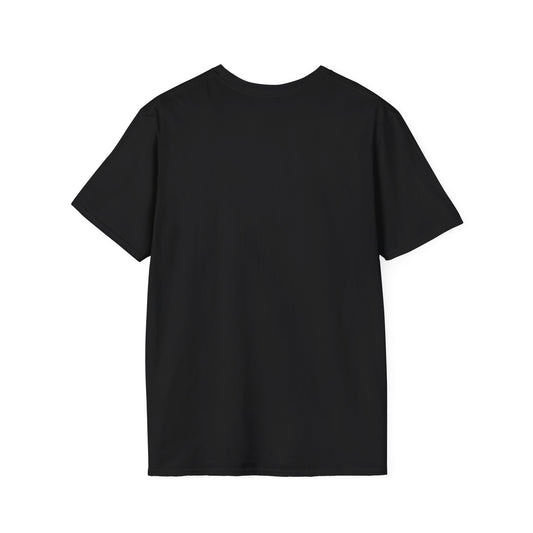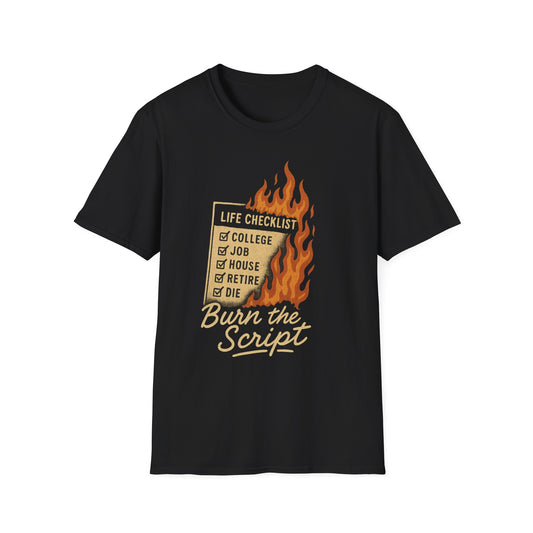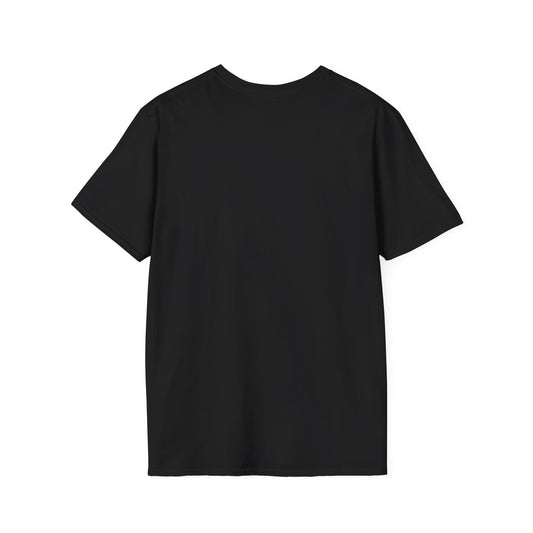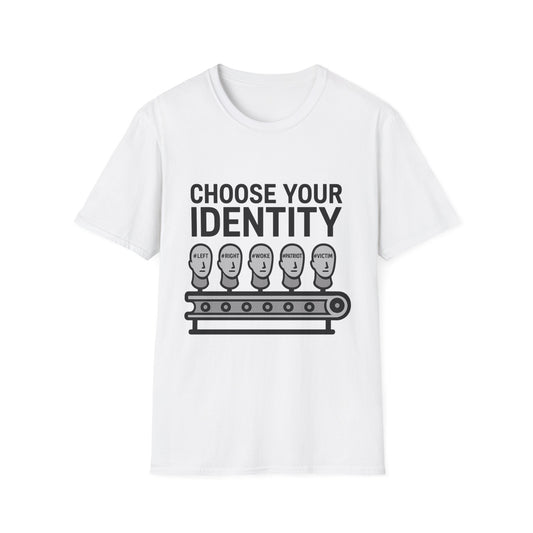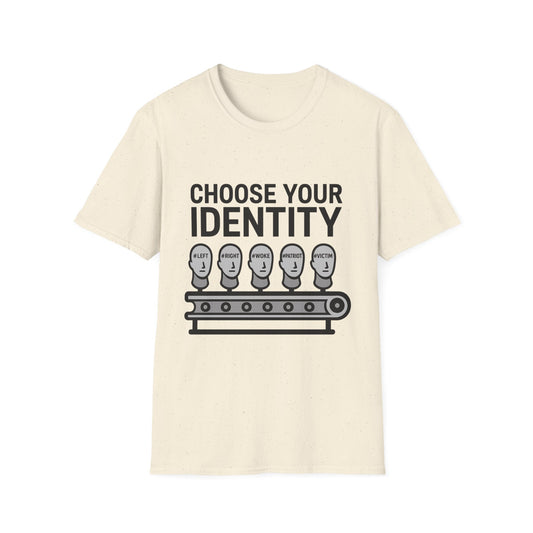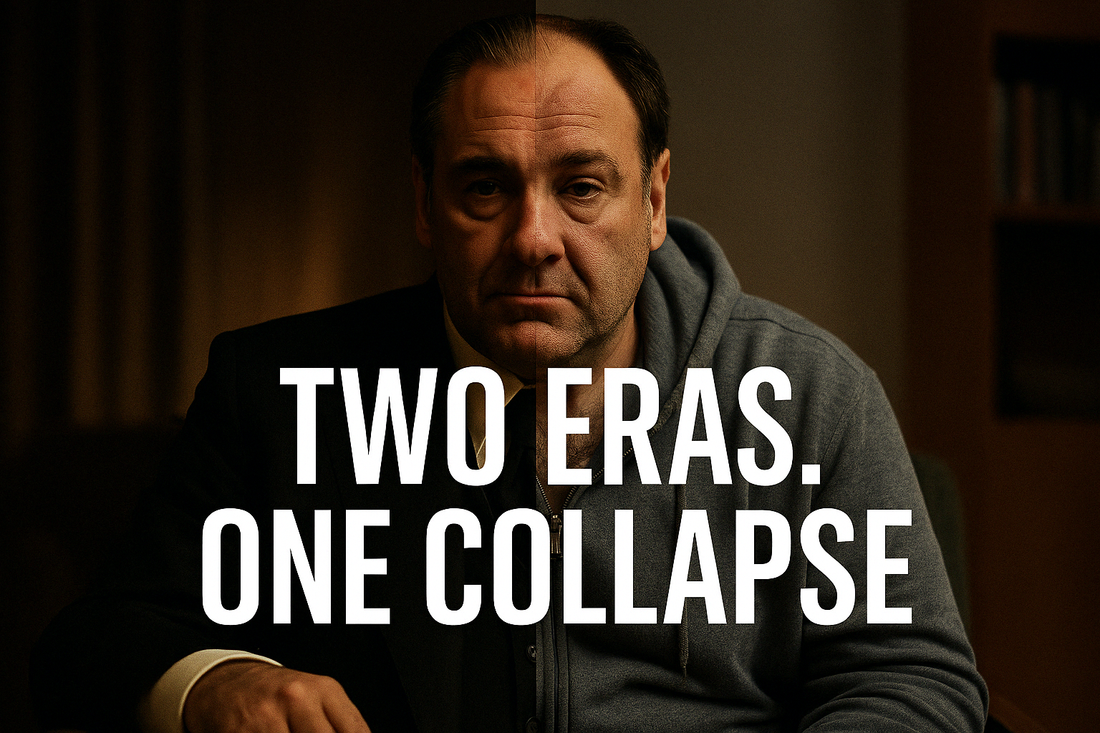
Godfather vs. Sopranos: Two Different Americas
The Golden Age of Legacy
When you watch The Godfather, you’re not just watching a mob film — you’re watching a philosophy. A way of life built on legacy, honor, tradition, and structure. It wasn’t just about money or power. It was about building something that lasts. A name. A family. A dynasty.
Vito Corleone wasn’t chasing clout. He wasn’t glued to a screen. He wasn’t confused about who he was or what he stood for. He was the system. And in that world, your word mattered more than a contract, and loyalty wasn’t a talking point — it was law.
This was America in its imagined prime. The post-war fantasy. Men in suits, built on grit, making their way in the world. The American dream through a darker lens — but still a dream.
And that dream was order. That’s what The Godfather gave people — even as it romanticized crime. It gave men purpose, clarity, identity. It said: protect your family, honor your word, build something worthy of your name, and you’ll die respected.
Even the violence in The Godfather was clean. Ritualistic. “It’s not personal, it’s strictly business.” The chaos was packaged in rules. The corruption still felt elegant. The downfall was tragic, not hollow.
This was the America where men inherited responsibility. Where bloodline and tradition were still sacred. Where masculinity meant strength, control, and sacrifice — not softness, confusion, or endless introspection.
The world of The Godfather was flawed, violent, and patriarchal — but it made sense. The lines were clear. The values were rooted. You knew who you were. And even when Michael lost his soul, he did it for a cause bigger than himself: legacy.
But then came The Sopranos — and everything changed.
The Age of Numbness
The Sopranos wasn’t about legacy — it was about survival. And it didn’t come dressed in honor, loyalty, or respect. It came wrapped in therapy sessions, existential dread, antidepressants, and emotional numbness.
Tony Soprano didn’t want to build a legacy. He just wanted to feel something. Anything. He wasn’t fighting for the future — he was trying to stay afloat in the present. And that’s what made it the perfect story for post-9/11, post-hope America.
Where The Godfather was about building a kingdom, The Sopranos was about rotting inside one.
Tony’s world wasn’t elegant. It was bleak. His crew wasn’t built on honor — it was built on convenience, gossip, backstabbing, and pettiness. His family didn’t respect him — they tolerated him. And deep down, he knew it.
This was a different America. The American dream had decayed. The suit and tie meant nothing now. Masculinity was medicated. Fatherhood was fractured. Community was replaced by consumerism. And tradition? That got thrown out with the TV dinners.
Tony Soprano wasn’t a man chasing legacy. He was a man trying not to drown in meaninglessness. His biggest enemy wasn’t the FBI — it was emptiness.
Unlike Michael Corleone, Tony didn’t have a mission. He had responsibilities, sure — but no vision. His therapy didn’t heal him. His work didn’t fulfill him. His marriage didn’t ground him. He was emotionally overweight, mentally clogged, and spiritually bankrupt — and that made him more relatable than any Don that came before him.
Because Tony’s struggle wasn’t cinematic — it was everyday life. The silent crisis men face when they’ve got money in the bank, a roof over their head, and still feel like they’re dying inside.
The contrast between The Godfather and The Sopranos isn’t just generational — it’s existential. One gave us structure. The other gave us collapse. One gave us identity. The other gave us a man in a chair asking, “What’s the point of any of this?”
And that shift reflects what happened to America: we didn’t lose our power — we lost our purpose.
From Order to Chaos: What Changed in Us
The shift from The Godfather to The Sopranos didn’t just reflect a change in storytelling — it reflected a change in us. In our culture. In our values. In our souls. We didn’t just move from legacy to numbness. We moved from order to chaos. And we barely noticed it happening.
In The Godfather, chaos was something to be controlled. Michael Corleone didn’t want war — he wanted power with purpose. He wanted to keep the family safe, the business strong, and the bloodlines protected. Even as he descended into moral darkness, there was a twisted logic to it. A code.
But in The Sopranos, there is no code. There’s just noise. Every man for himself. Loyalty breaks. Respect dies. Everyone's faking it, bleeding quietly while pretending they’re fine. Tony isn’t building anything. He’s managing decline — in his crew, in his family, in his mind.
And that’s what America became.
The country that once believed in legacy now believes in survival. The country that once had faith in honor now thrives on irony and distraction. The code is gone. The order is dead. What replaced it? Clicks. Chaos. Content. Medication. Therapy sessions where people cry about feeling nothing in a world that feeds them everything except meaning.
We used to believe in something. Family. God. Country. Brotherhood. Now we believe in likes. Delivery apps. Self-care. Side hustles. Hyper-individualism.
That’s the America Tony inherited. And he cracked under it.
Because the same way Michael Corleone’s cold, calculated violence mirrored the era of controlled power — Tony’s spiritual meltdown mirrors ours.
And it’s not just men who feel this shift. It’s everyone. You don’t have to be Italian, or in the mob, or even a fan of either show to recognize what changed. We stopped building. We started coping. And no one ever told us why.
So we scroll. We numb. We medicate. We talk about our trauma but never heal it. We watch stories of kings and bosses and Dons and wonder: where did that energy go? That pride? That focus? That sense of direction?
It went away when we traded legacy for likes.
That’s what changed.
And that’s why The Godfather and The Sopranos aren’t just different mob stories. They’re two different Americas. One rising. One unraveling.
What These Stories Still Teach Us Today
You don’t watch The Godfather or The Sopranos for escapism — you watch them for reflection. Because deep down, we know they’re not just fiction. They’re metaphors. Mirrors. Time capsules of who we were… and who we’ve become.
The Godfather teaches you what we lost: clarity, structure, legacy. It shows a world where identity meant something — and where that identity came with duty. It teaches that power without restraint destroys, but power with purpose builds something eternal.
The Sopranos, on the other hand, teaches you what we’ve become: disconnected, distracted, confused. It shows the cost of ignoring our instincts, numbing our guilt, avoiding our responsibility. It teaches that without something to believe in, even the strongest man falls apart.
Both stories offer warnings. One about the cost of ambition, the other about the cost of apathy.
And both still matter. Because we’re still asking the same questions Tony and Michael faced:
-
What do I owe my family?
-
What does it mean to be a man?
-
What do I do with this pain?
-
What’s the point of all this?
Only now, we ask them alone. In therapy. On Reddit. In texts we never send. Because the world taught us to express — but never how to connect.
The Godfather was about control. The Sopranos was about collapse. And somewhere in between those two stories is where most of us are stuck right now: trying to remember who we were before the system rewired us.
That’s why these shows won’t die.
Because we’re still looking for the clarity Vito had — and still feeling the confusion Tony couldn’t escape.
And if you’re lucky enough to feel both…
Then maybe you’re awake enough to change something.
